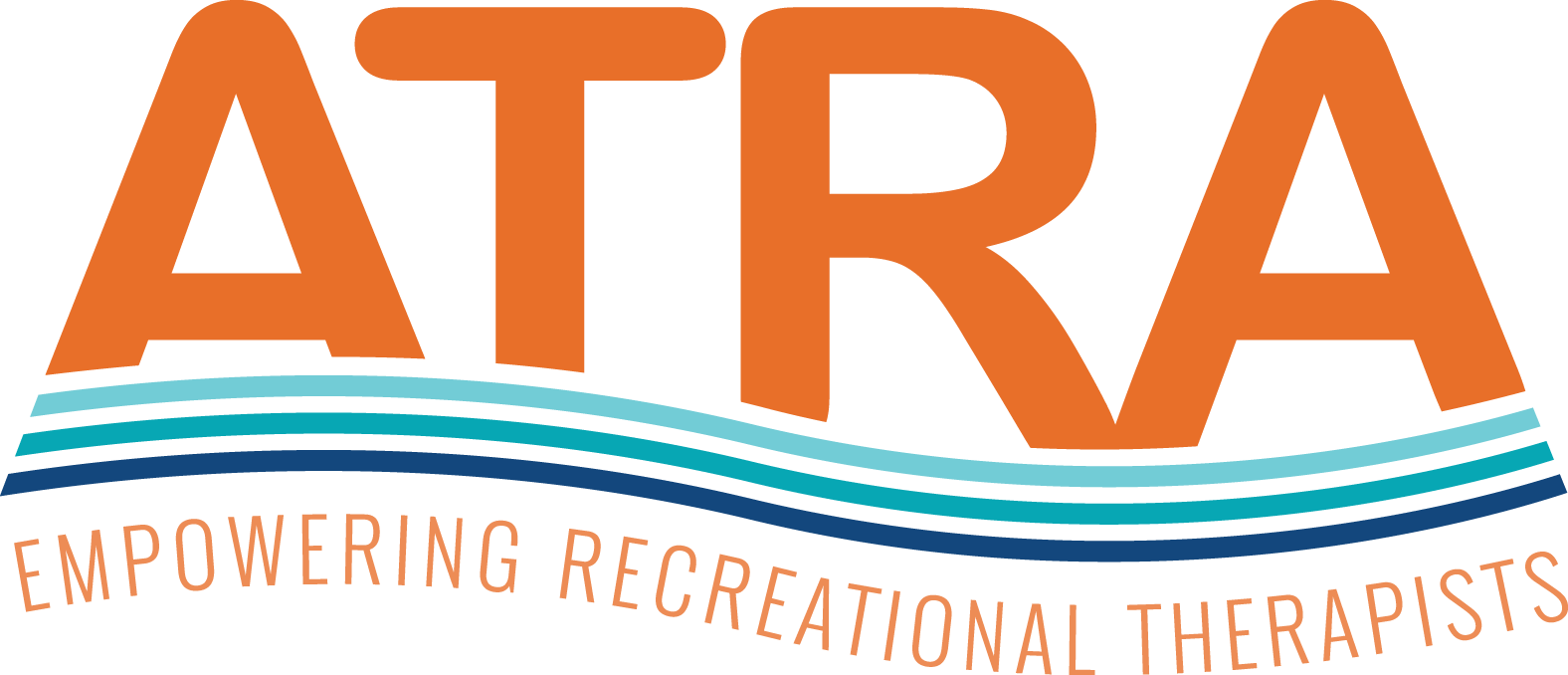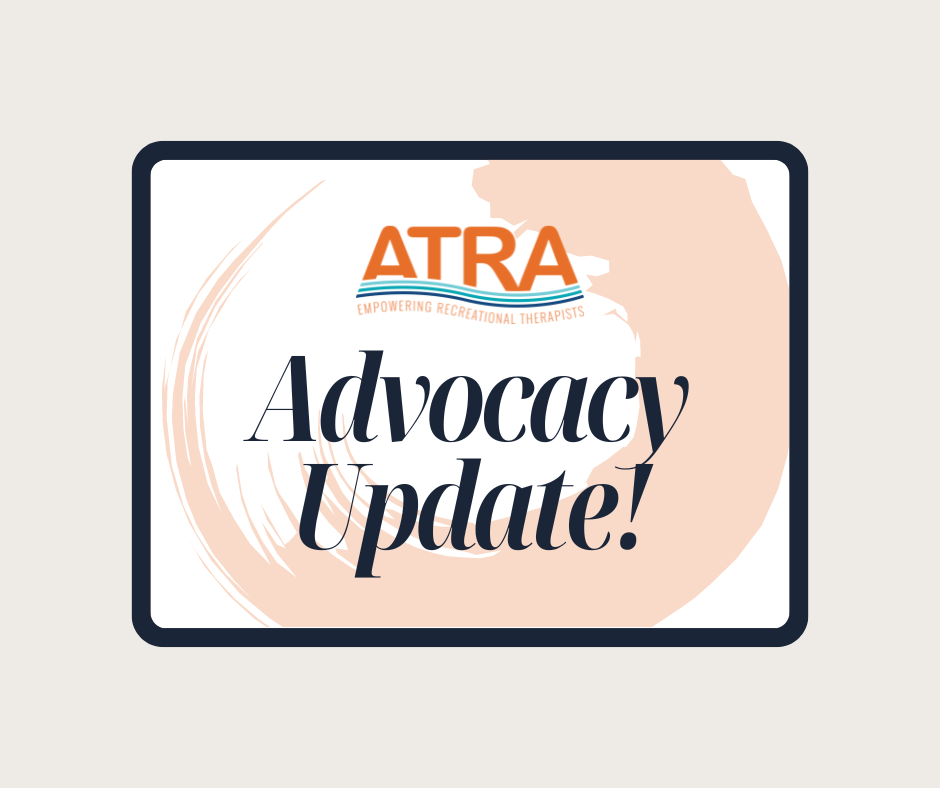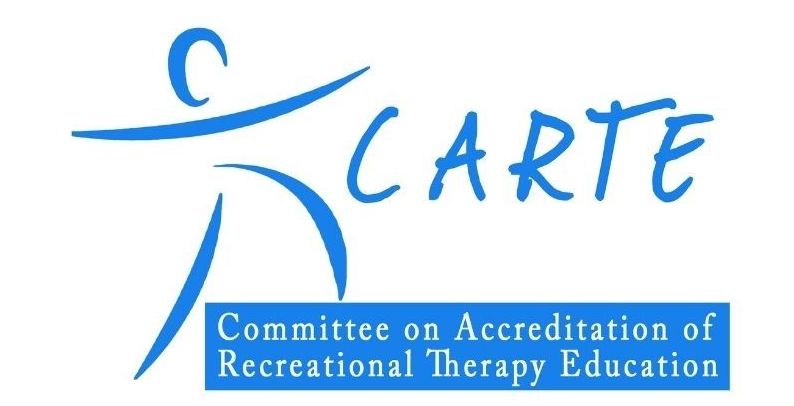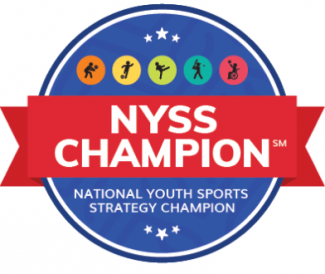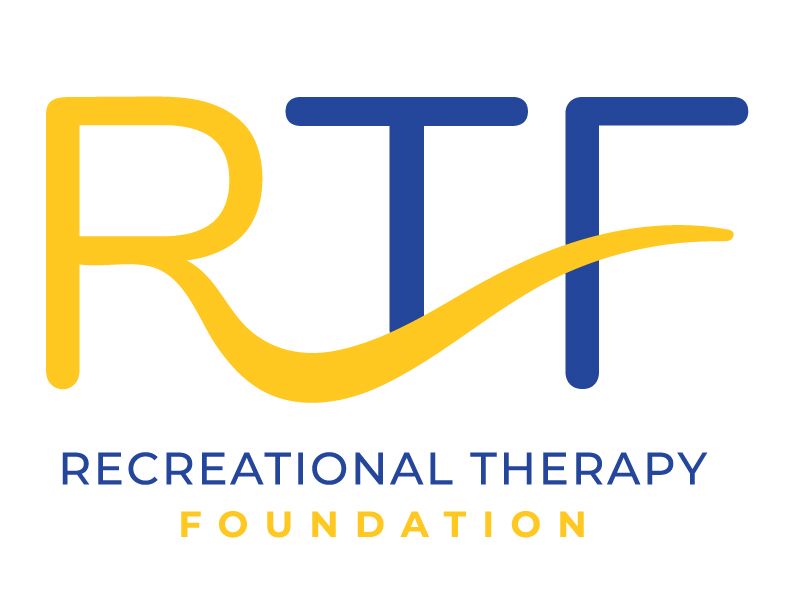CARTE’S FIRST PROGRAM TO COMPLETE RE-ACCREDITATION
Taylor Hooker, CTRS, CARTE Secretary
Comments from: Jennifer Hinton, Ph.D. WCU Recreational Therapy
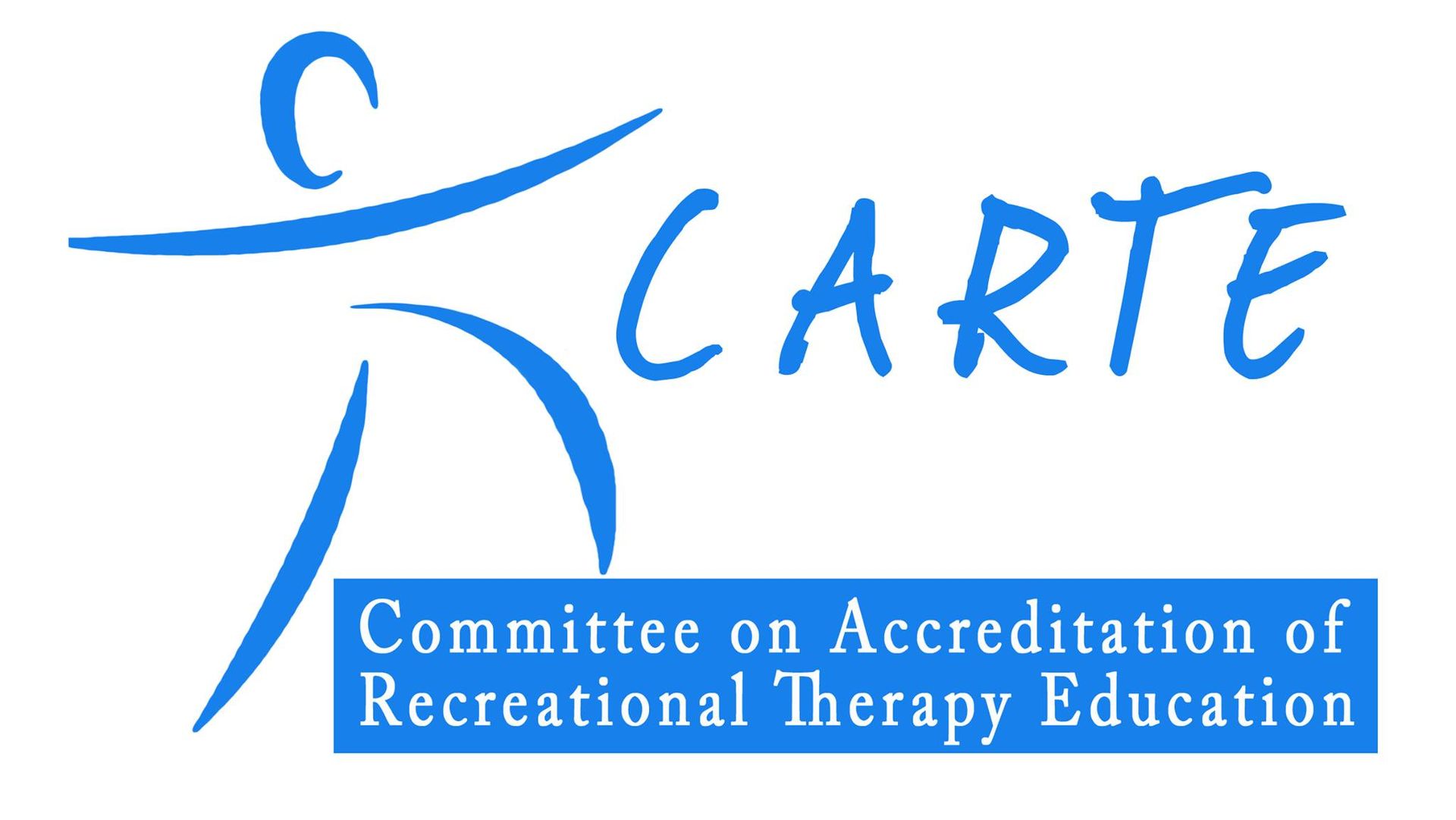
The Committee on Accreditation of Recreational Therapy Education (CARTE) is beginning a tradition where we highlight Commission on Accreditation of Allied Health Education Programs (CAAHEP) accredited RT programs via CARTE standards in the ATRA newsletter. Our intent is to capture the thoughts of those at the program related to the process of accreditation and the impact it has had on their programs. We plan to highlight the great work that these programs are achieving in promoting RT and preparing future generations of Recreational Therapists. The very first CAAHEP/CARTE accredited program, and therefore the first program to complete the reaccreditation process is Western Carolina University in Cullowhee, North Carolina. Below, Dr. Jennifer Hinton, Associate Professor and Program Director of the Recreational Therapy program, highlights their experiences with the accreditation process and communicates the strides WCU has been making over the years.
“The Recreational Therapy Program at Western Carolina University is situated within the School of Health Sciences. The School of Health Sciences also houses six other Programs including Athletic Training, Nutrition and Dietetics, Emergency Medical Care (also a CAAHEP accredited program), a Dietetic Internship Program (master’s level), Environmental Health Sciences, and a Masters in Health Sciences. Health Sciences is the largest School in the College of Health and Human Sciences, which also has a Department of Communication Sciences and Disorders, a School of Nursing, a Department of Physical Therapy, and a Department of Social Work. Just a few years ago, we moved in to a fantastic new facility wherein different faculty and staff in the health professions can better collaborate with teaching, service, and learning opportunities.
This year has been a year of exceptional transition for WCU RT. Two of our long-time faculty members, Dr. Peg Connolly and Mr. Glenn Kastrinos, retired from the University. We have been exceptionally fortunate to have wonderful new faculty in place. We completed our re-accreditation in the spring of 2016, and the fall of 2016 has been a fresh new start in our classrooms and hallways as we continue to strive for excellence.
Accreditation is an expectation in our College; striving to exceed accreditation mandates and provide exceptional education is a consistent process. There are 11 accrediting bodies that review the work of our faculty and Programs. In any given year, there are self-studies, reports, and improvements being made due to our rigorous accreditation processes across the many Programs, Schools, and Departments. Recreational Therapy, then, continues to work toward excellence alongside our colleagues in healthcare. It’s a process that has continued to challenge us to improve yearly on our curriculum and Program offerings.
As we are nestled in the Western North Carolina mountains, our rural geography provides some benefits and some challenges. Unlike urban universities, we have a difficult time finding licensed recreational therapists for field experiences. To overcome this, we have developed service learning opportunities that are academically linked to our classes and supervised by credentialed RT faculty and clinical staff. Currently, we have two courses that are service learning designated: RT for Older Adults and Adventure-Based RT. This number is expected to grow as we have new faculty eager to expand these offerings. The Adventure-Based RT class just won a STAR Engagement Award from the University. It is a reflection of one of the benefits of our locale; we have the opportunity to use the outdoors as our classroom consistently, locally, and in a variety of beneficial ways.
Re-accreditation was a positive process for us. As Dr. Connolly and I worked on our self-study, we identified strengths and weaknesses that we surely would not have pinpointed had we been going through day-to-day educational tasks. Dr. Connolly set up advanced measurement systems for us to capture data. That data has helped us to track our majors and outcomes in ways that we had been previously lacking. Many times, when we are called on by our institution to provide data, we can provide answers readily based on the systems we’ve put in place for our accreditation and re-accreditation processes.
Since I have noted the new faculty, we will also be using our CARTE self-study and re-accreditation comments to guide our strategic planning processes. Our CARTE reviewer, Dr. Teresa Beck, provided us with great insight into potential avenues for growth and sustainability. In January, we will start working on a departmental strategic plan for the next five years. Our CARTE guidelines will be the foundation for those discussions, as we continue to strive to be leaders in RT education.”
Continue following our updates on schools and important CARTE information in the next ATRA newsletter where we will feature yet another leading program! To find more information on the Western Carolina University program, check out the Recreational Therapy program page.
To find out more about the work of CARTE and the Commission on Accreditation of Allied Health Education Programs (CAAHEP), click here.
